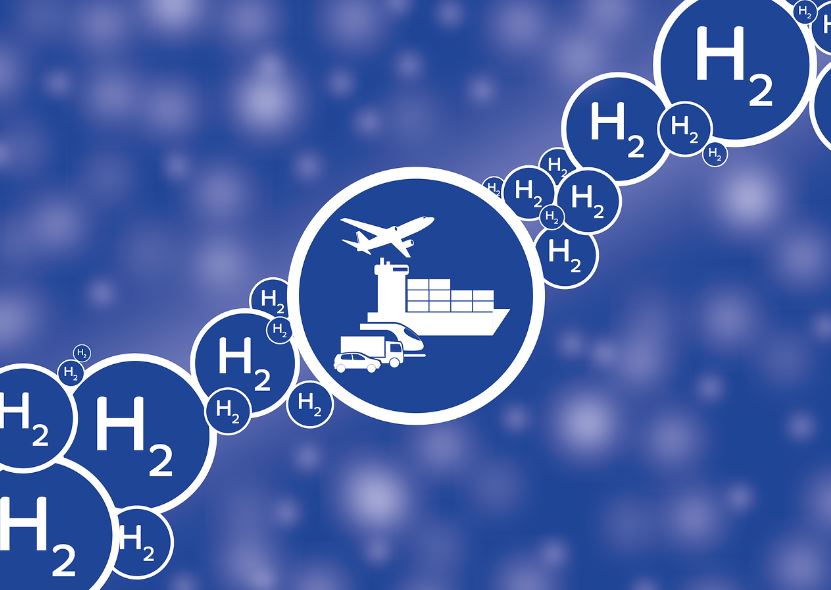The University of Nottingham has secured an investment exceeding £70M for establishing new leading research facilities and programs aimed at decarbonizing future transport.
The funds primarily consist of a £14M grant from the UK Research Partnership Investment Fund (UKRPIF), boosted by additional public and private investments. This investment permits the university to expand its already globally recognized capabilities in the domains of electrification, hydrogen, and manufacturing.
With this investment, the university plans to scale up various manufacturing processes for electrical machines and drives within the UKRI’s Driving the Electric Revolution Industrialisation Centre (DER-IC). The facilities will also be open for industry co-location to hasten the transition of novel technology to the market.
Starting March 2025, the research organization will coordinate closely with industry partners to demonstrate the manufacturing of electrical machines and drives for a wide spectrum of propulsion, traction, and generator applications.
In addition to new manufacturing processes, the facilities will enable the testing of unique powertrains. These include cryogenic electrical machines and systems running on liquid hydrogen and other green fuels. An advanced manufacturing setup is also in the blueprint to allow rapid market launch of the latest decarbonized transport solutions, particularly where battery electric power is not feasible.
A novel systems integration lab, intended to be operational by 2025, will provide researchers and industry the opportunity to test disruptive heavy transport components and sub-systems under realistic environments.
Several co-investing partners from various sectors including aerospace, power generation and marine are backing up this venture.
This initiative will be largely based in the Jubilee Campus of the university and will benefit from past investments in facilities such as the Power Electronics and Machines Centre (PEMC), the zero carbon innovation centre and others. Together, these facilities fortify the university’s place in a nationwide network of research, infrastructure, and skills development.
